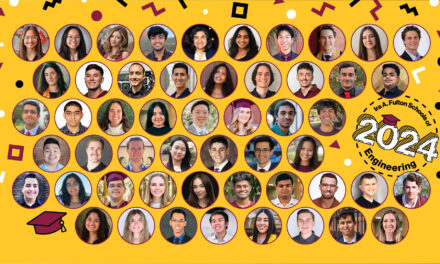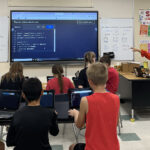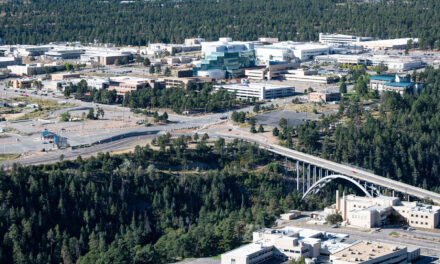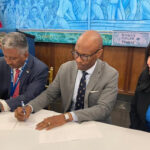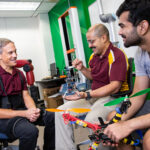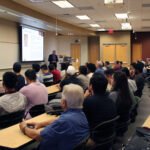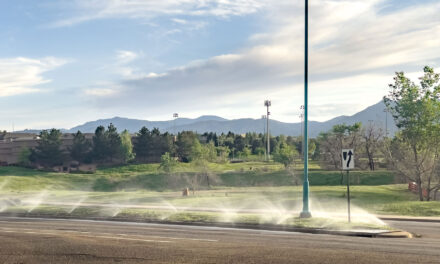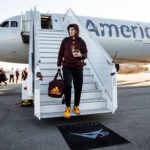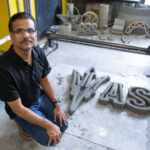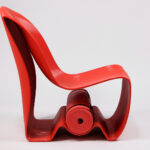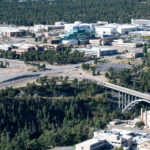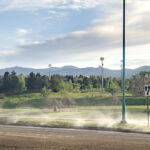
Essential Reading: Guidebooks for your journey through college and beyond
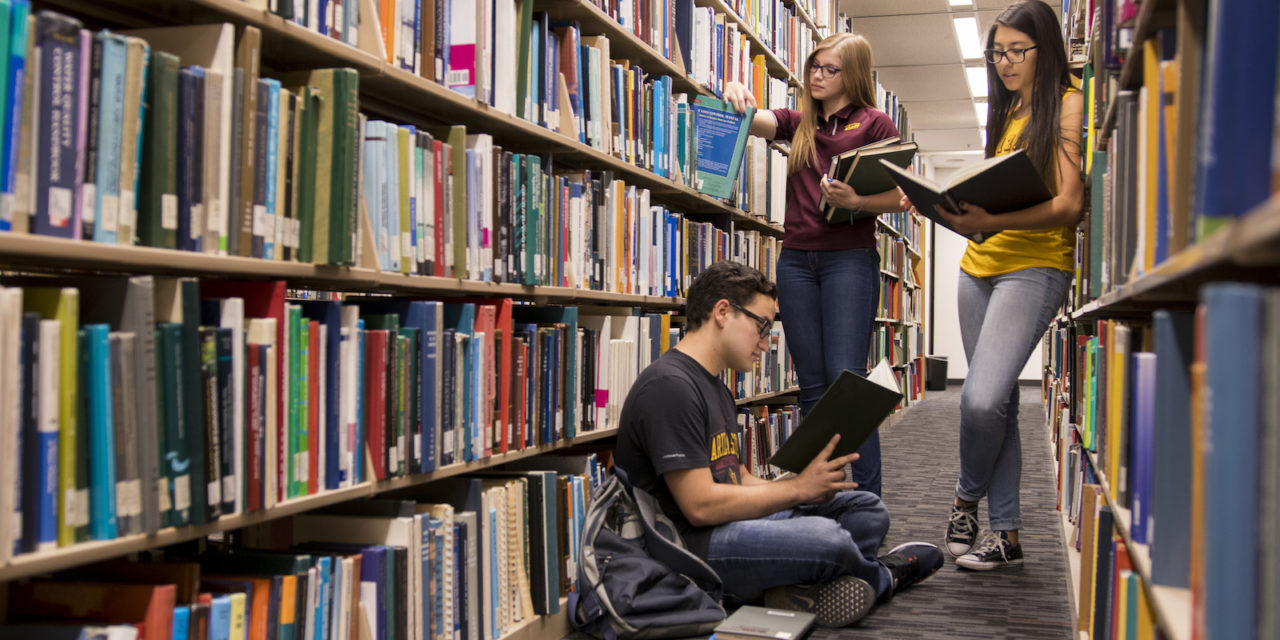
Above: Through reading, you are exposed to new things, new information, new ways to solve a problem and new ways to achieve your goals. Broaden your horizons by checking out a book recommended by Fulton Schools faculty and staff. Photographer Marco-Alexis Chaira/ASU
“It is what you read when you don’t have to that determines what you will be when you can’t help it,” wrote the playwright, novelist, essayist, humorist and poet Oscar Wilde.
Here’s our sixth annual feature in which a group of Ira A. Fulton Schools of Engineering faculty and staff recommends books that students probably won’t have to read in college, but should anyway.
They’ve been asked to select books that offer lessons for navigating one’s way through college and careers. Or, if not that exactly, then books that offer valuable insights into important and compelling subjects, or that simply provide edifying and entertaining diversion from the rigors of schoolwork.
Through the years, they’ve chosen fiction, fantasy, history and how-to guides — books that examine the past to illuminate the present or imagine the future to provide signposts for mapping one’s path in life. And sometimes, stuff that’s just for fun.
That range of choices is once again reflected in this compilation of reading recommendations.
For more books to explore, there are links at the end to Essential Reading features of previous years.
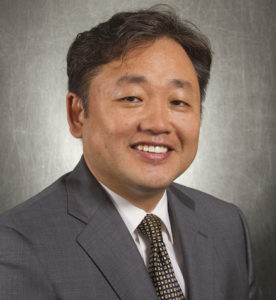
Gail-Joon Ahn
“THE FOURTH INDUSTRIAL REVOLUTION” BY KLAUS SCHWAB
“LEADERSHIP: BUILDING HIGHLY EFFECTIVE TEAMS” BY MICHAEL NIR
Recommended by Gail-Joon Ahn, professor of computer science and engineering, School of Computing, Informatics, and Decision Systems Engineering.
“The Fourth Industrial Revolution” elaborates on an overview of the world’s previous industrial revolutions and highlights the advances in technology that have sparked major societal change and created opportunities. It’s necessary for engineers and scientists to understand where we are heading and what kinds of critical challenges we are facing in our fields. This compact book clearly examines such topics. It can help engineering students grasp emerging challenges and be better prepared for what the future could bring.
“Leadership: Building Highly Effective Teams” introduces the core elements necessary to build cohesive and productive teams of professionals and describes the challenges of putting all those elements into practice. Collaboration and teamwork are critical to engineering and science. This book guides you in how to best ensure that teams achieve their objectives and make vital contributions to the missions of their organizations. Readers will learn what factors should be considered when building a team and how to set the stage for successful teamwork.
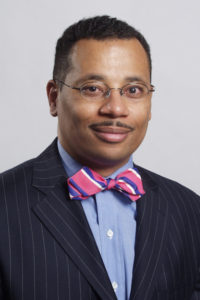
Terry Alford
“MAMA DAY,” BY GLORIA NAYLOR
Recommended by Terry Alford, professor and associate director, School for Engineering of Matter, Transport and Energy.
“Mama Day” is an incredible story depicting the reverence for one’s history and the fascination with mystical elements of that history. The book blends many of the challenges for modern young adults — new relationships, reconciling logic and faith, anticipating the future, and surviving daily struggles – into a tale of two worlds that are polar opposites in voice and in character. One of those worlds is Willow Springs, a pseudo-isolated, pseudo-homogeneous world because it is a barrier island in the American South and its only residents are the heirs of slaves. The other world is the energetic and heterogeneous world of New York City. But this world can be callous in its handling of one’s existence and personal relationships. The great aspect of this work is that it demonstrates how reconciliation is the common thread between different worlds, between judgment and conviction, between lore and fact, and finally between one’s past and one’s future.
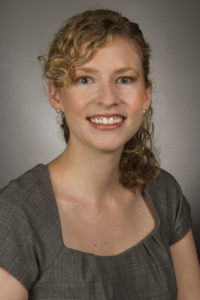
Casey Ankeny
“DESIGNING YOUR LIFE: HOW TO BUILD A WELL-LIVED, JOYFUL LIFE” BY BILL BURNETT AND DAVE EVANS
Recommended by Casey Ankeny, lecturer, School of Biological and Health Systems Engineering
Did you know that only 20 percent of job openings are listed on the internet, or that applying to job openings posted online works only 5 percent of the time? If you are interested in learning techniques to get your dream job, given these statistics, read Burnett’s and Evan’s book. Along the way, you will learn so much more. You will learn how to design your life, starting with figuring out who you are, and what you believe — and making sure these things align with what you are doing. The authors are Silicon Valley innovators and acclaimed design educators at Stanford University who take the evidence-based practices of design that engineering students frequently use and apply those practices to the challenge of designing the best life possible.
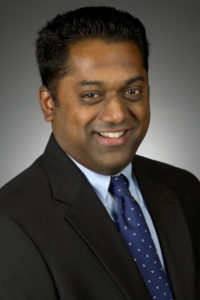
Samuel T. Ariaratnam
“OUTLIERS: THE STORY OF SUCCESS” BY MALCOLM GLADWELL
Recommended by Samuel T. Ariaratnam, professor and Construction Engineering Program Chair, School of Sustainable Engineering and the Built Environment
As you get ready to graduate and enter the “real” world, it is important to understand what makes certain individuals excel in life more than others. In this book, Gladwell provides insights into why some people are more successful by looking at their family upbringing, birthplace, birth date and other factors. (Incidentally, I grew up in the same hometown as Gladwell and our parents have been close friends for decades.) His premise is that we pay way too much attention to what successful people are like and not enough attention to where they come from. Gladwell describes outliers as “those people whose achievements fall outside normal experience and follow a peculiar and unexpected logic.” He uses fascinating case studies to support his theories. In one example, he studied professional ice hockey players and discovered that 40 percent of the “best of the best” were born between January and March, 30 percent between April and June, 20 percent between July and September, and only 10 percent between October and December. Similar findings were revealed when looking at the birth months of a sample of professional soccer players. Gladwell concludes that people born in the first quarter of a given birth year have a definite advantage in sports. The burning question is whether this translates to other life experiences. Overall, “Outliers” is an intriguing book that offers other tidbits of facts revealed through attempts to better understand why some people excel more than others.
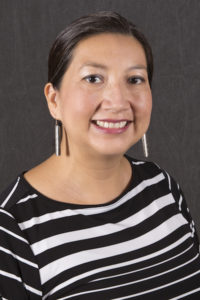
Otakuye Conroy-Ben
“OUR STOLEN FUTURE” BY THEO COBURN, DIANNE DUMANOSKI AND JOHN PETERSON MYERS
Recommended by Otakuye Conroy-Ben, assistant professor, School of Sustainable Engineering and the Built Environment
In this book, the authors present the scientific evidence from which the field of environmental endocrine disruption emerged. Briefly, endocrine disruption occurs when a hormone or hormone mimic interrupts a biochemical signaling pathway. The pollutants are called endocrine disrupting chemicals (EDCs), and are found in plastics, pesticides and in wastewater-impacted water. EDCs are responsible for feminization of fish, and there is speculation they also contribute to the elevation of hormone-dependent cancers and reduced sperm quality in humans. The synthetic estrogen diethylstilbestrol (DES), prescribed to women from the 1940s through the 1970s to treat morning sickness, was found to induce birth defects and miscarriages. It has since been discontinued as a pregnancy drug. I recommend this book to anyone who wants to learn more about how chemicals impact the environment and the health of humans and animals. It’s written by a research team for the nonscientific audience. You will go away with an appreciation of biology, and question the use of anthropogenic chemicals in consumer products.

Mia Kroeger
“WHO MOVED MY CHEESE?” BY SPENCER JOHNSON
Recommended by Mia Kroeger, assistant director of academic services, School for Engineering of Matter, Transport and Energy
The message in this short, sweet and simple book makes it a great read for people in many different stages of life. It presents the story of two mice and two humans on a search for cheese. You’ll see how they find cheese, what happens when they find cheese and, subsequently, how they react when all the cheese is gone! The premise of the story relates to coping with change — how people react differently to change and the many variables that can determine how they react. At different times in our lives this book can have different meanings and impact us differently, but it always provides a good reminder that change is constantly happening around us and that how we choose to adapt to change determines what lies ahead.
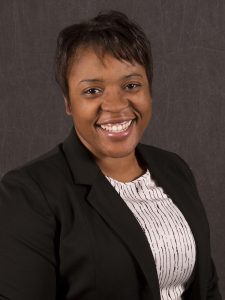
Jeremi London
“GUARANTEED 4.0 LEARNING SYSTEM” BY DONNA O. JOHNSON
Recommended by Jeremi London, assistant professor of engineering and manufacturing engineering, The Polytechnic School
This book provides a comprehensive approach to studying that can help you excel in your academic studies. It gives you insights on how to balance the busy schedule that comes with being in college. There’s guidance on how to read and retain course materials, ace your homework and exams, get the most out of class time, and make the most of the time in office hours with your teachers. The book is most useful for undergraduate students, but the principles can also be applied to graduate students (and a recent version focuses on high school students as well.) Read more about it on the Guaranteed 4.0 Learning Systems website.
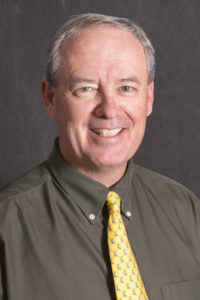
Michael McBride
“THE HERO WITH A THOUSAND FACES” BY JOSEPH CAMPBELL
Recommended by Michael McBride, director of student recruitment, Engineering Student Outreach and Retention Program
Building on the work of anthropology and psychology (particularly that of Carl Jung), Joseph Campbell researched the history of stories, myth, religion and culture worldwide and found a common “monomyth,” which he identified as the “hero’s journey.” That journey involves a hero leaving day-to-day life and entering an unknown world. Then “forces are encountered and a victory is won, the hero comes back from the adventure with newly found power to give back to fellow man.” I suspect engineering students will identify with this kind of journey! Campbell’s hero story structure can be seen throughout cultural history. It’s reflected in the classic stories of such figures as Osiris, Prometheus, Buddha, Mohammed and Jesus, as well as in popular modern cinema such as the “Star Wars” series and “The Matrix.”
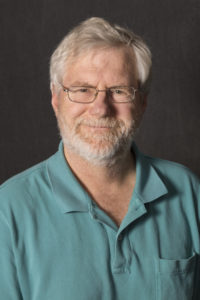
Brad Rogers
“ALL THE PRESIDENT’S MEN” BY CARL BERNSTEIN AND BOB WOODWARD
Recommended by Brad Rogers, associate professor and Graduate Program Chair, Systems Engineering and the Master of Science in Engineering programs, The Polytechnic School
The Watergate scandal occurred 45 years ago and memories of the extent of the misconduct by President Richard Nixon’s administration are fading into abstractions as generations pass, but the lessons learned by those who lived through this time are fundamentally relevant in today’s political environment. The book tells the story of the free press discovering and unmasking a criminal enterprise operating out of the President’s office and being carried out by some of the most powerful people in the world. It is the story of strong institutions in all three branches of the federal government and the ultimate failure of Nixon and his accomplices to compromise the integrity of these institutions. And it is the story of people of vastly different political viewpoints coalescing around fundamental moral principles and holding the President accountable. If Watergate occurred today, would our institutions be similarly as strong? Would it still be possible for politicians to cross ideological boundaries and make very difficult and unpopular decisions for the good of the nation? What other lessons can the legacy of Watergate teach us today?
If you didn’t find everything you’re looking for on this list, check out book recommendations from past years of our Essential Reading feature:





